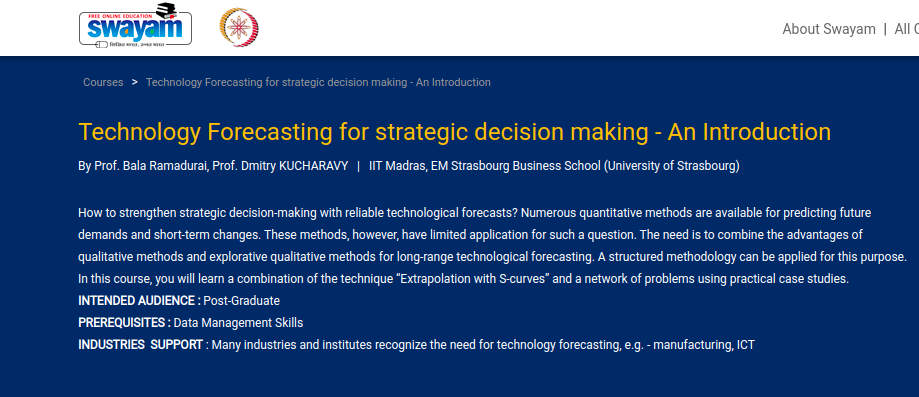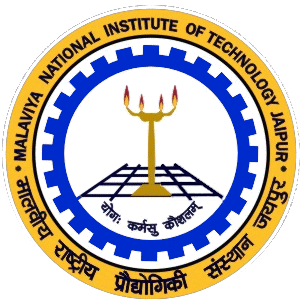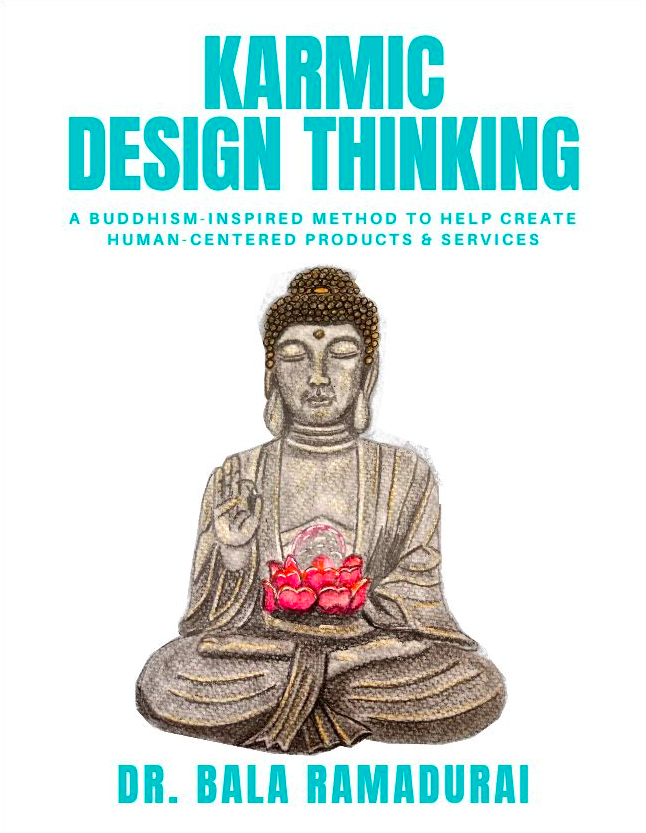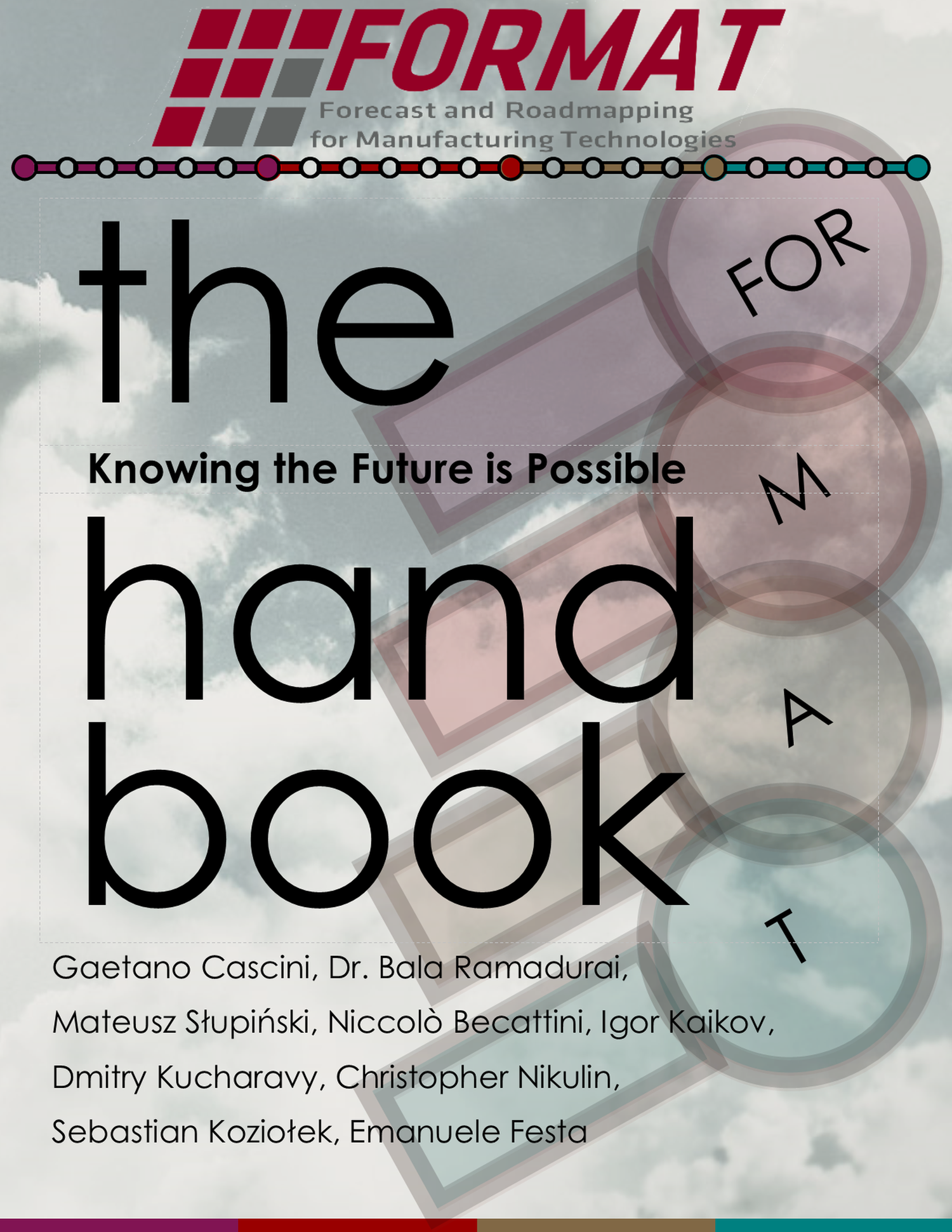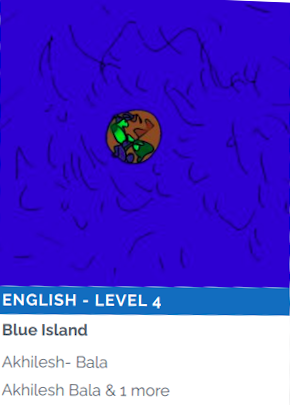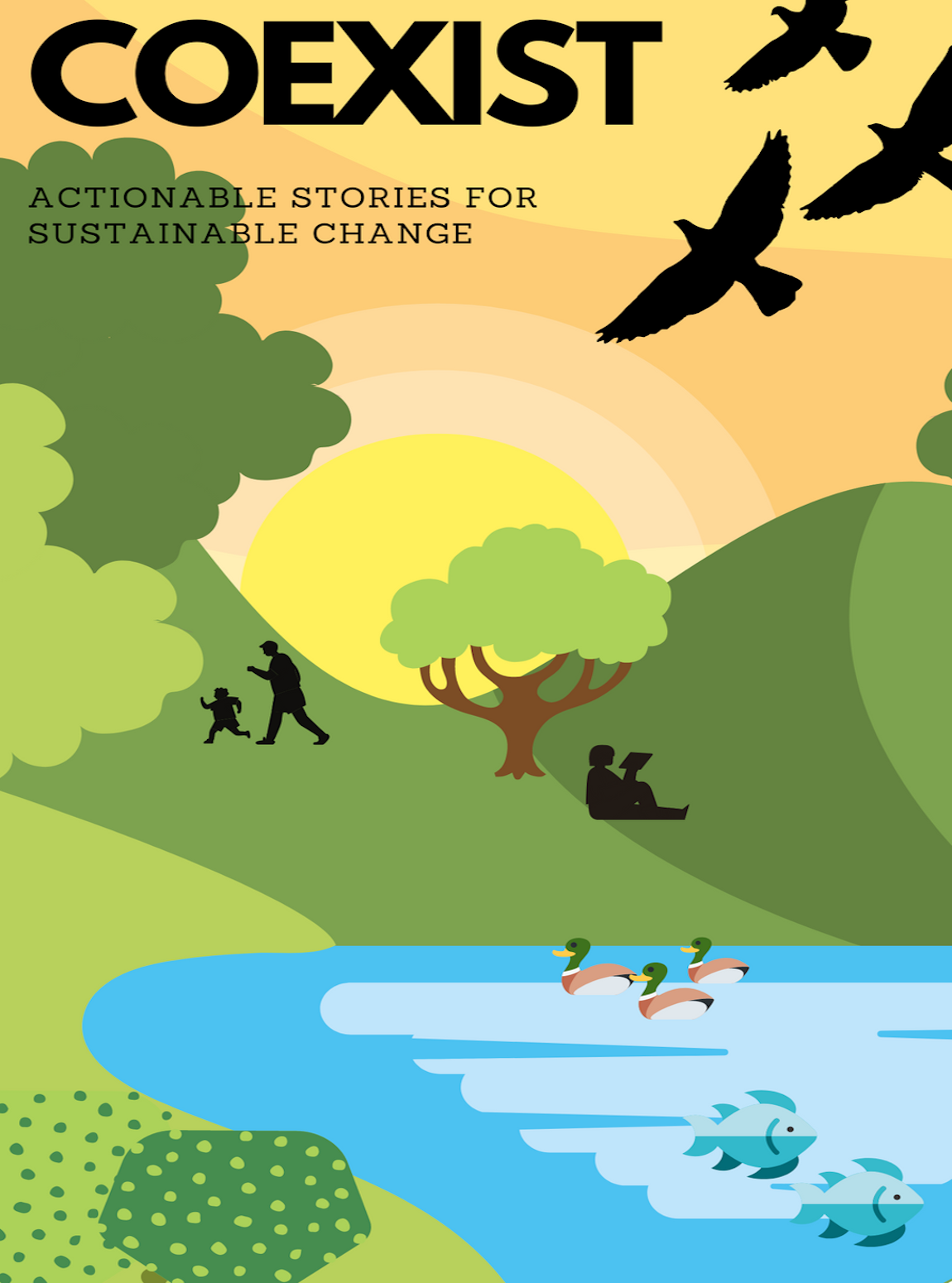Is or Isn’t is one of the core conflicts that everyone deals with. For example, “It is Monday or it isn’t Monday”.
Radically different, correct?
What if you wanted to find out if a wheel of a high speed train is cracked or not? The question to ask is - Is it or Isn’t it cracked?
But, how does one find that out without breaking that wheel? Simple solution - use a sound wave that no human can hear, but only those dangerous cracks can hear and reflect.
This sound wave is present, but isn’t going to harm the wheel. Cool, eh?
Now that I have your undivided attention, I am happy to tell you that Shyamsunder Mandayam not only bought my book, Karmic Design Thinking, but he seems to be impressed with the contents of the book. So much so that he invited me to give a talk on Attaining Innovation Nirvana through Design Thinking to the Indian Society of Non-destructive Testing (ISNT) on May 1, 2021, between 4pm and 5pm IST.
ISNT, of course, has many other techniques up their collective sleeves. Check them out at https://isnt.in.
The details of my talk and the joining details are here - https://isnt.in/wp-content/uploads/2021/04/ISNT-BNG.WEBINAR-01st-May-2021.pdf.
Continue reading








